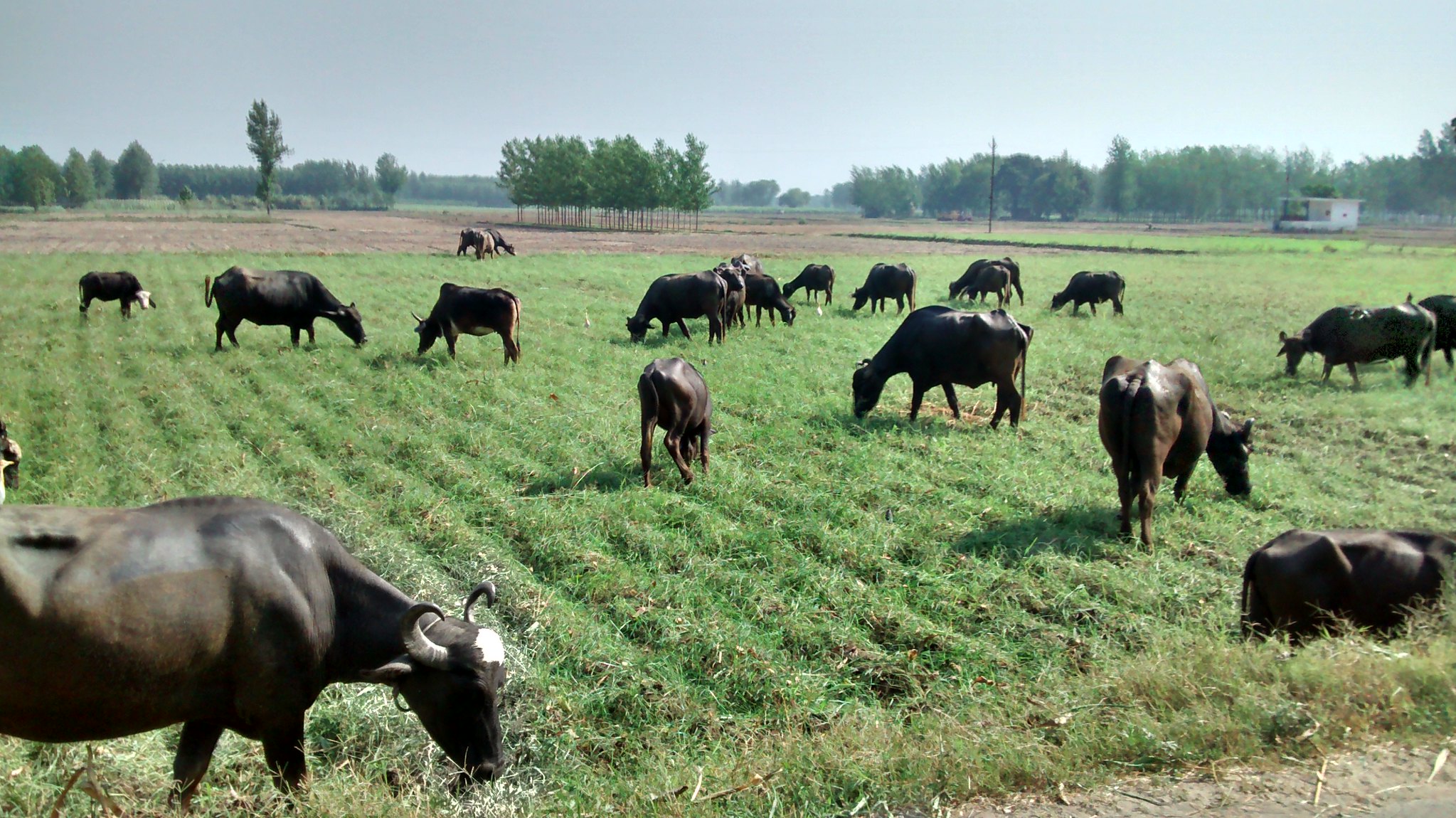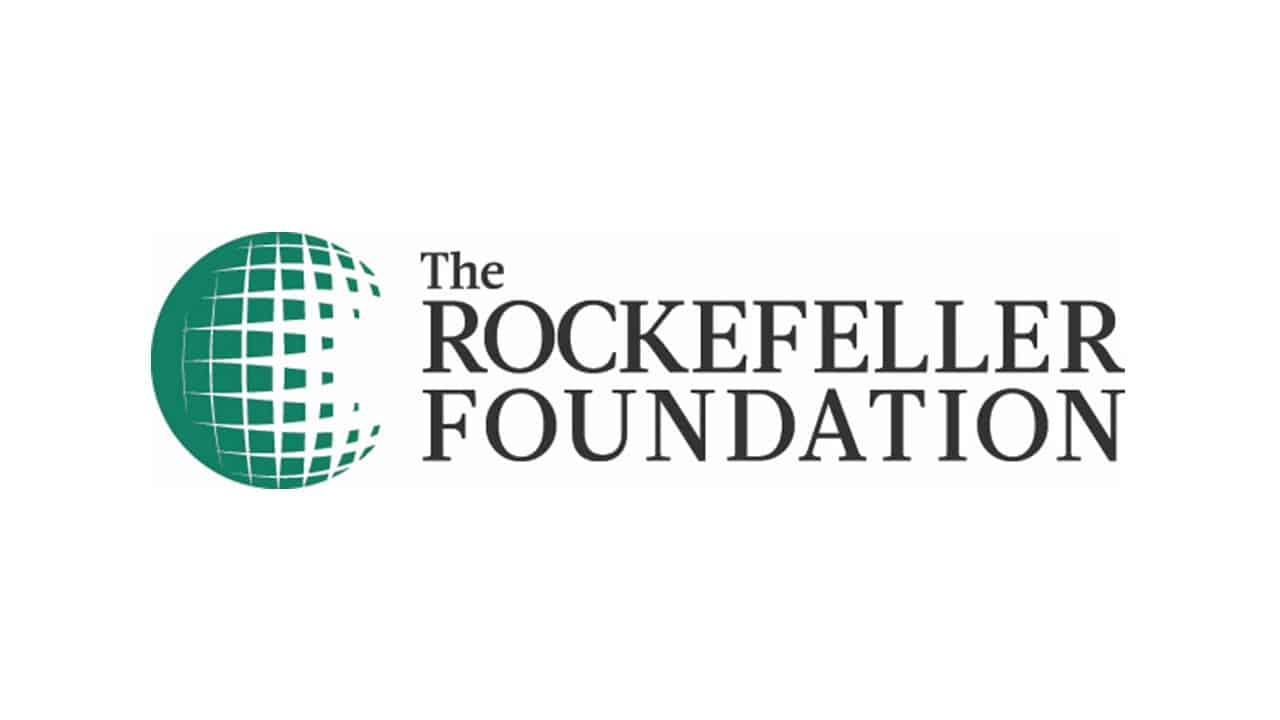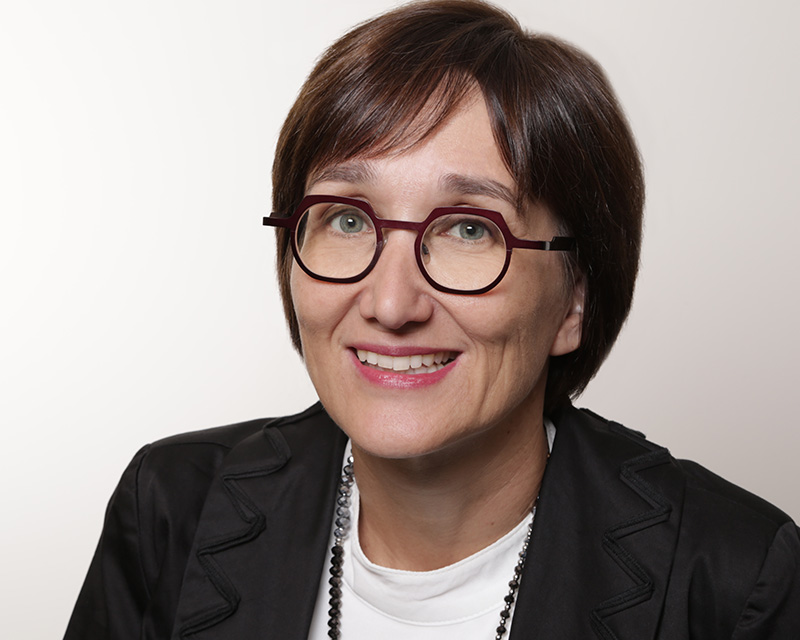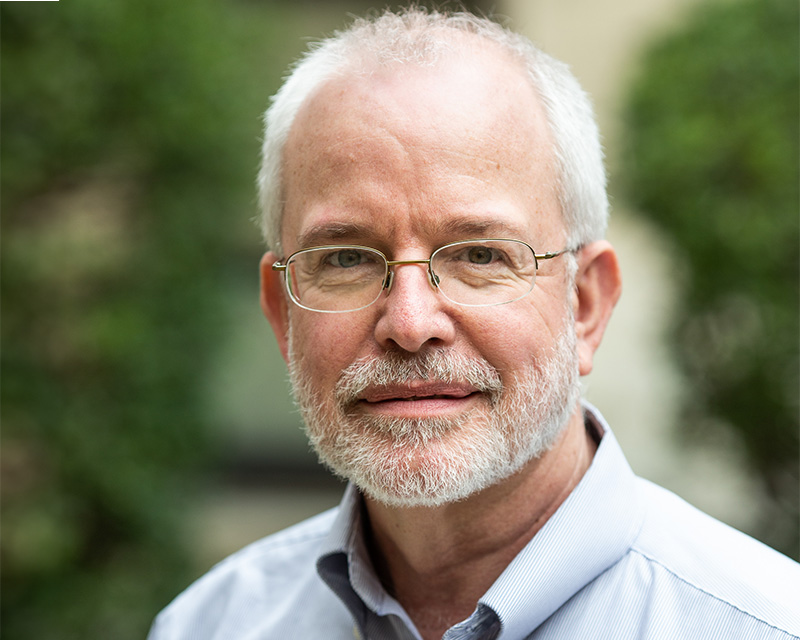Animal-source foods—such as meat, poultry, fish, and dairy—are important components of diverse diets and provide high-quality proteins and other essential nutrients that promote optimal growth and development. As populations and incomes grow, the global demand for animal-source foods is projected to increase substantially, particularly in many low- and middle-income countries.
However, livestock production is highly resource intensive and has significant environmental impacts, requiring considerable land, water, and energy inputs. Global food production is responsible for roughly one-quarter of all greenhouse gas emissions, most of which are related to livestock. Livestock production is also a contributor to water pollution, land degradation, overfishing, and antimicrobial resistance and an important source of zoonotic disease. Given these challenges, sustainable, high-quality alternatives to protein from livestock have the potential for significant transformative impact for both people and the planet.
This project explores the potential for alternative proteins—with a focus on dairy and eggs—in emerging markets with four distinctive workstreams:
- Market landscape assessment and market analysis for alterantive proteins.
- Assessment of the enabling environment for alternative proteins
- Modeling of the agricultural, environmental, health and nutrition impacts of alternative proteins
- Assessing the potential for alternative protein production to generate carbon offsets.
This program is implemented under the umbrella of the CGIAR Research Program on Water, Land and Ecosystems (WLE)







